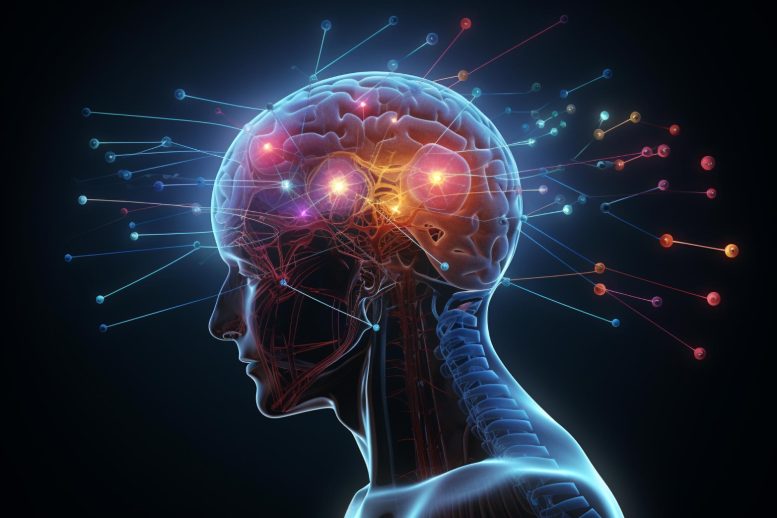
Scientists have discovered that learning and memory rely on the structural, not enzymatic, functions of the CaMKII enzyme. This breakthrough could lead to new treatments for Alzheimer’s and possibly Down syndrome, by using inhibitors that specifically target the enzyme’s enzymatic activity without affecting learning and memory.
Uncovering the mechanisms of memory could pave the way for innovative treatments for Alzheimer’s and various other neurological conditions.
Researchers from the University of Colorado Anschutz Medical Campus have made a “paradigm shifting” discovery on the mechanisms required for learning and memory. These findings hold the promise of paving the way for new treatments for Alzheimer’s disease and possibly Down syndrome.
The study was recently published in the journal Nature.
For over 30 years, researchers believed that LTP or long-term potentiation, which is crucial for learning and memory, required enzymatic actions by an enzyme known as CaMKII.
But a team of researchers led by Ulli Bayer, Ph.D., professor of pharmacology at the University of Colorado School of Medicine, found that LTP requires structural not enzymatic functions of CaMKII.
That’s significant, Bayer said, because it opens the door to the therapeutic use of a new class of inhibitors that target only the enzymatic activity of CaMKII, but not the structural functions required for memory and learning.
Previous studies by Bayer’s laboratory showed that inhibiting enzymatic CaMKII activity protects against some of the effects of amyloid-beta (Abeta) plaques in the brain, a hallmark of Alzheimer’s disease (AD).
The researchers found one group of inhibitors that protected from the Abeta effects without impairing LTP, making it potentially useful in treating a number of brain diseases without debilitating side effects.
“The implications are that a certain class of CaMKII activity inhibitors actually could be used chronically to treat brain conditions including Alzheimer’s disease,” said Bayer, senior author of the study. “This is super novel, as it has previously been thought that any CaMKII activity inhibitor would block synaptic plasticity that underlies learning and memory so their chronic use would be counter-indicated.”
Bayer said if the inhibitors work in humans, they could provide additional benefits in conjunction with any current AD treatment strategies.
“That’s because different mechanisms are targeted,” he said. “We are targeting the downstream effects of Abeta. While we are not even pretending that this would be curative, it has the potential to dramatically alleviate some of the most devastating symptoms of memory loss and learning.”
The Bayer lab is now testing whether the predictions made by their ground-breaking paper can be harnessed for human therapy.
Reference: “LTP induction by structural rather than enzymatic functions of CaMKII” by Jonathan E. Tullis, Matthew E. Larsen, Nicole L. Rumian, Ronald K. Freund, Emma E. Boxer, Carolyn Nicole Brown, Steven J. Coultrap, Howard Schulman, Jason Aoto, Mark L. Dell’Acqua and K. Ulrich Bayer, 30 August 2023, Nature.
DOI: 10.1038/s41586-023-06465-y

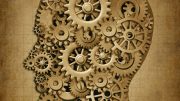
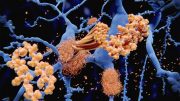
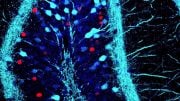
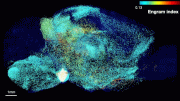
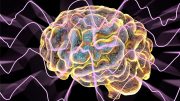
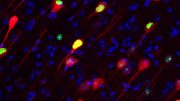
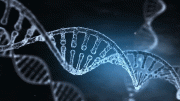

Very interesting
I am a 63 year old woman Coming with family Parkinson’s and Alzheimer’s. Recently I have had Ecolie bacteria. Bad. In 2004 my colon ruptured. I was septic. Fell Jan2022 and bruised the back of my head/brain
In hind sight I have been radical decision making and feeling out of myself. Also in recent years have had lots of death/grief.
Trama with my son’s suicide. Grew up very insure, feeling unloved
I receive SSDI because I can’t deal with my life
If there’s a human resources study I would like to be considered
Live in Arkansas. Mental health is not high on list. I know something is & has happened to my BRAIN, it’s not like bypolar